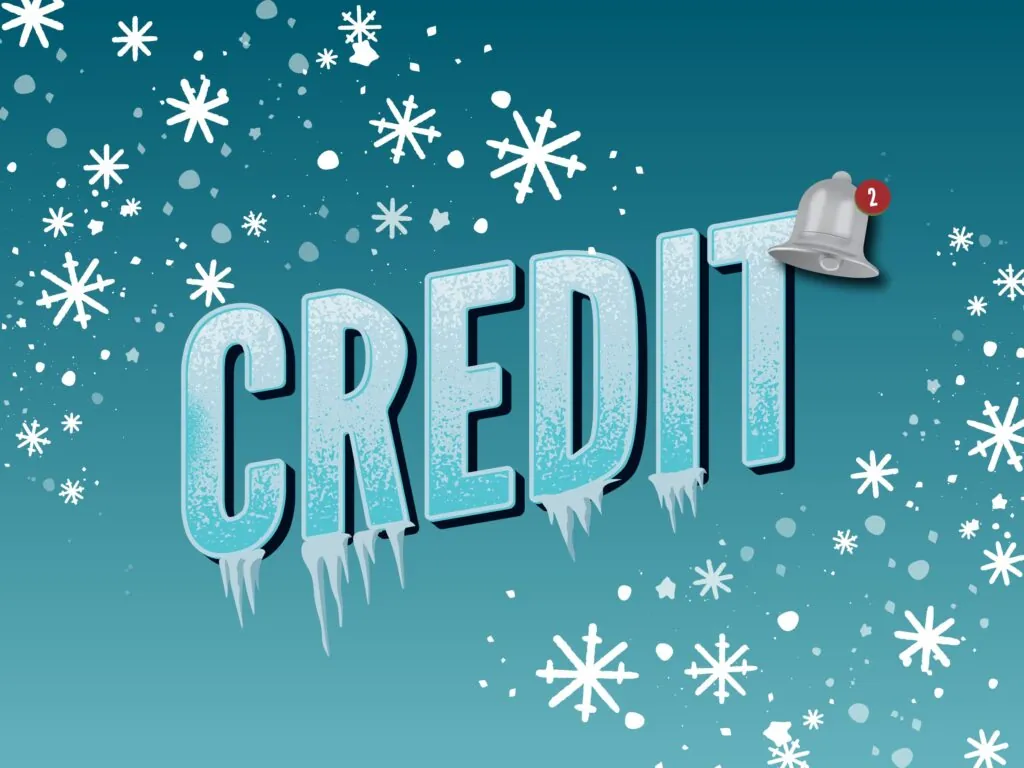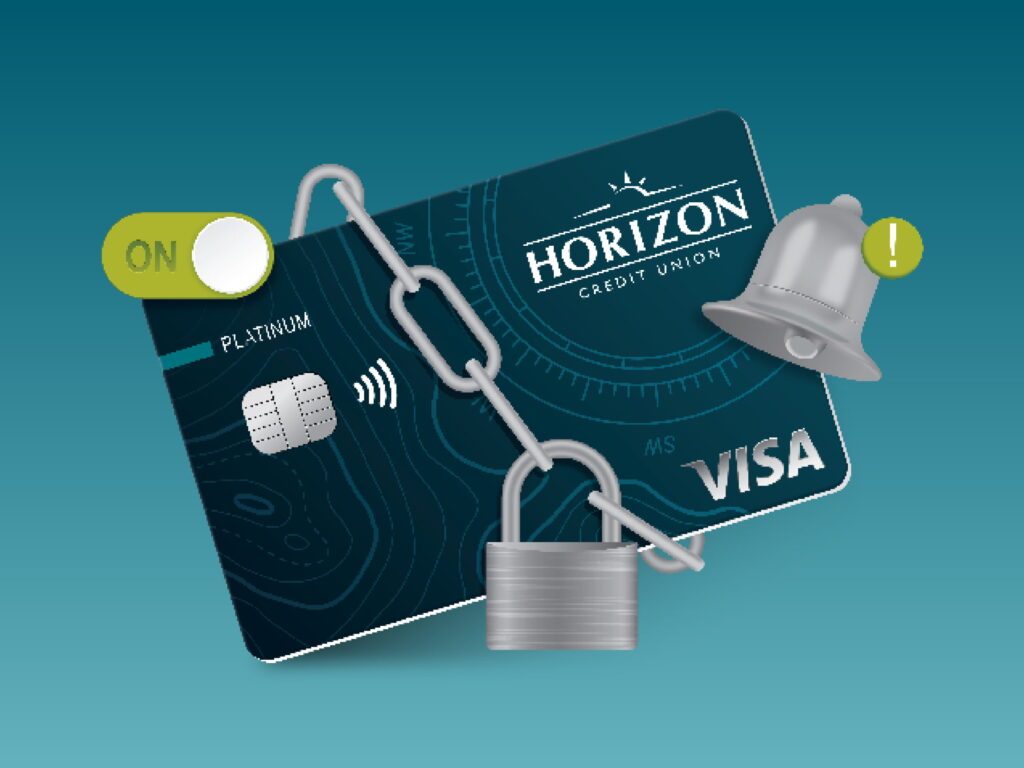Protect Your Credit With Freezes and Fraud Alerts
These days, your personal financial information is everywhere. It’s smart to keep an eye on your credit and take steps to protect it. Most credit monitoring services offer credit freezes and fraud alerts to help protect against identity theft and add an extra layer of security.
But how to credit freezes and fraud alerts work? Let’s break it down.

Credit freeze
A credit freeze locks your credit file so no one can open new accounts — not even you — unless you lift the freeze. It’s one of the best ways to prevent identity theft. You can still rent an apartment, get insurance or apply for a job while your credit is frozen. If you do want to apply for new credit, you can temporarily lift the freeze.
Anyone can freeze their credit. It doesn’t mean you’ve been a victim of identity theft. In most cases, a credit freeze stays in place until you remove it. Some states have specific rules that could set an expiration period, but for most people, the freeze remains until they lift it themselves using a PIN or password-protected account.
To freeze your credit, you need to contact each of the three major credit bureaus — TransUnion, Experian and Equifax — separately.
Fraud alert
A fraud alert is a warning on your credit file. When you apply for credit, lenders are asked to take extra steps — like calling you — to make sure it’s really you. This can stop someone else from opening accounts in your name.
There are three main types of fraud alerts:
- Initial fraud alert: This is for anyone who suspects fraud or wants to take extra precautions. It lasts one year. Lenders are required to contact you before opening new credit in your name.
- Active duty alert: This is for members of the military. It lasts for one year and can be renewed to match your deployment schedule. It also helps remove your name from marketing lists for credit or insurance offers for two years.
- Extended fraud alert: If you’re a confirmed victim of identity theft, this alert gives stronger protection and lasts for seven years. You’ll need to provide a police report or similar documentation. It also limits most pre-approved credit and insurance offers for five years, unless you request to continue receiving them.
To place any type of fraud alert, you only need to contact one of the three credit bureaus. That bureau is then required to notify the other two, so the alert shows up on all three reports.
Which option is best?
Both options offer protection, but they work in different ways. A credit freeze gives the strongest protection because lenders can’t access your credit report at all. But you’ll need to lift the freeze any time you want to apply for new credit. Fraud alerts are easier to manage. They don’t block access to your credit but they do warn lenders to double-check your identity. Some people even use both for extra peace of mind. And neither one affects your credit score.

Protect your card with Card Controls
Keep in mind that credit freezes and fraud alerts don’t stop someone from using your existing credit cards. It’s important to check your credit card and bank statements regularly so you can spot any unpermitted spending.
If you’re a Horizon member, you can can use also card controls to protect your card. Set alerts, turn your card on or off and even limit purchases by location or merchant type — all from your phone or computer. Set up card controls today to protect yourself and your money.
Share